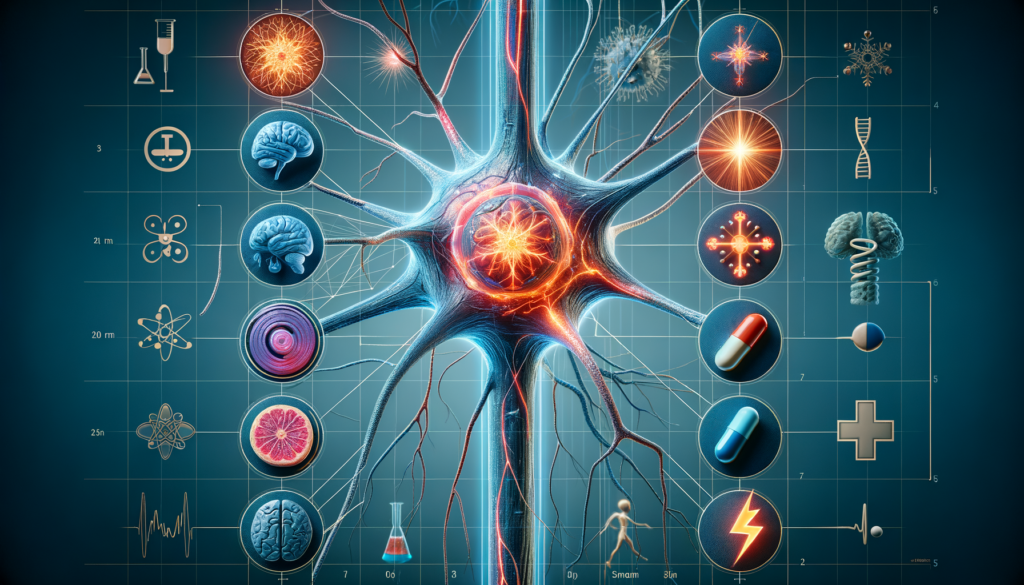The Education Blog

Introduction to Nerve Pain
Nerve pain, often referred to as neuropathic pain, is a complex condition that can significantly affect an individual’s quality of life. Unlike other types of pain that result from an injury or inflammation, nerve pain arises from damage to the nervous system itself. This article explores the underlying causes, symptoms, and various treatment options available for managing nerve pain effectively.
Causes of Nerve Pain
Nerve pain can be attributed to a variety of causes, each affecting the nervous system differently. Some of the most common causes include:
- Diabetes: High blood sugar levels can damage nerves, leading to diabetic neuropathy.
- Injuries: Physical trauma or injuries can compress or sever nerves, resulting in pain.
- Infections: Certain infections like shingles can affect nerve tissues, causing pain.
- Autoimmune Diseases: Conditions such as multiple sclerosis can cause the immune system to attack nerve fibers.
- Genetic Disorders: Some inherited conditions can lead to nerve damage.
Understanding the specific cause of nerve pain is crucial for determining the appropriate treatment and management strategy.
Symptoms of Nerve Pain
The symptoms of nerve pain can vary widely depending on the underlying cause and the specific nerves affected. Common symptoms include:
- Burning Sensation: A persistent burning feeling is a hallmark of neuropathic pain.
- Tingling or Numbness: Often described as “pins and needles,” this sensation is common in affected areas.
- Sharp, Stabbing Pain: Sudden, intense pain can occur without any apparent trigger.
- Sensitivity to Touch: Even light touch can provoke pain in some individuals.
- Weakness: Muscle weakness may accompany nerve pain, affecting mobility and function.
These symptoms can be persistent or intermittent, impacting daily activities and overall well-being.
Treatment Options for Nerve Pain
Treating nerve pain requires a multi-faceted approach tailored to the individual’s specific condition and needs. Some common treatment options include:
- Medications: Over-the-counter pain relievers, prescription medications like anticonvulsants, and antidepressants can help manage symptoms.
- Physical Therapy: Exercises and therapies can help strengthen muscles and improve mobility.
- Surgical Interventions: In cases where nerve pain is caused by compression or injury, surgery may be necessary to alleviate pressure on nerves.
- Lifestyle Modifications: Managing underlying conditions like diabetes through diet and exercise can prevent further nerve damage.
- Alternative Therapies: Acupuncture, massage, and meditation may provide relief for some individuals.
It is essential to work closely with healthcare providers to develop a comprehensive treatment plan that addresses both symptoms and underlying causes.
Conclusion: Managing Nerve Pain
Nerve pain can be a challenging condition to manage, but understanding its causes, symptoms, and treatment options can empower individuals to take control of their health. By exploring a combination of medical treatments, lifestyle changes, and alternative therapies, those affected by nerve pain can find relief and improve their quality of life. Collaboration with healthcare professionals is key to developing an effective management strategy tailored to individual needs.









